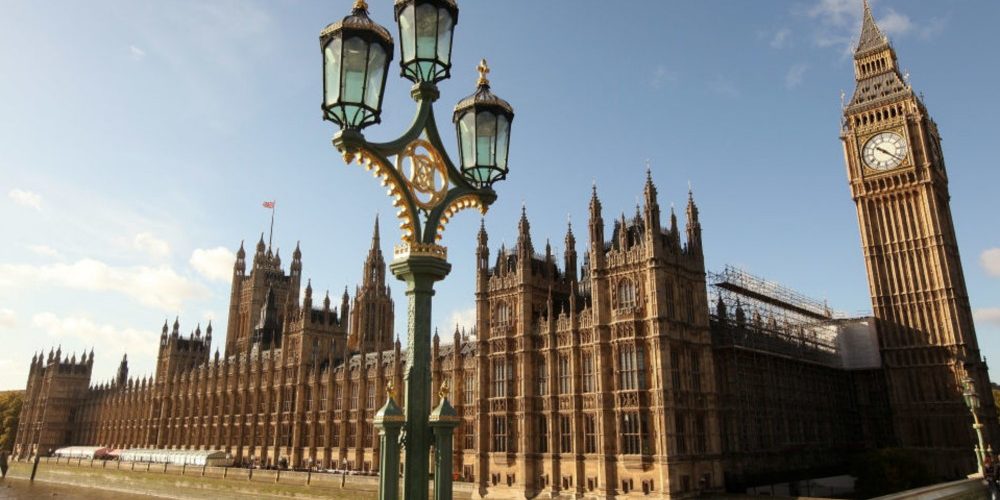DCMS respond to claims of witness interference in music streaming inquiry
The Digital, Culture, Media and Sports Committee (DCMS) has responded to claims that some of the witnesses in their ongoing music streaming inquiry might have been encouraged not to give evidence.
In October, MPs announced that they would examine the economic impact that music streaming is having on artists, record labels and the wider music industry.
Taking evidence until December 11, the Committee are looking at “the business models” operated by such streaming giants as Spotify, Apple Music, Amazon Music and Google Play.
Over £1 billion in revenue was generated from 114 billion music streams in the UK last year, with the inquiry noting, however, that “artists can be paid as little as 13% of the income generated”.
The DCMS inquiry, which held its first evidence session last week (November 24), is seeking the perspectives of industry experts, artists and record labels as well as streaming platforms themselves.
Today (December 1), DCMS Committee Chair Julian Knight MP issued a statement after it was brought to his attention that some of those expected to give evidence have become reluctant to do for fear of action being taken against them.
“We have been told by many different sources that some of the people interested in speaking to us have become reluctant to do so because they fear action may be taken against them if they speak in public,” Knight’s statement began.
“I would like to say that we would take a very dim view if we had any evidence of anyone interfering with witnesses to one of our inquiries. No-one should suffer any detriment for speaking to a Parliamentary Committee and anyone deliberately causing harm to one of our witnesses would be in danger of being in contempt of this House.
“This Committee will brook no such interference and will not hesitate to name and shame anyone proven to be involved in such activity.”
He concluded: “Anyone who wants to come forward to speak on this issue or any other issues should get in touch with the Committee and will be treated in confidence.”
Meanwhile, Spotify has been testing a new feature allowing artists to boost visibility of specific tracks through the platform’s recommendation algorithms, in exchange for different royalty rates on those songs’ streams.
The boosted songs will appear in Spotify’s Radio and Autoplay features upon launch, with the potential to expand to other personalised listening modes available on the platform.
The new feature, named “Discovery Mode”, was announced yesterday (November 2) in a press release from Spotify’s newsroom. It will initially be tested with artists and labels in the US, with plans of a worldwide rollout if the feature is deemed successful.
